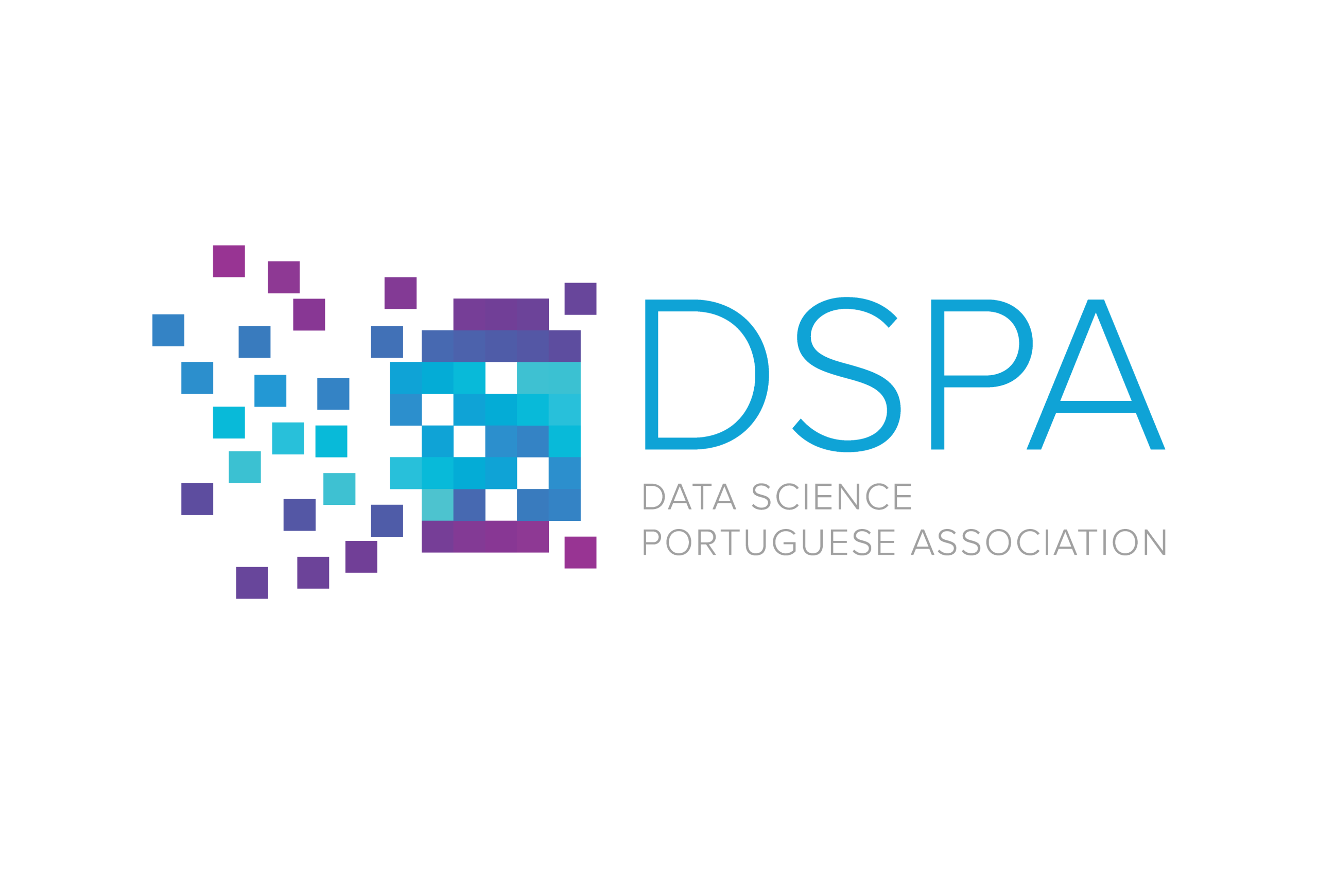Start
04 of March
Duration
30 hours
Investement
310 €
Local
100 % online

Partnership DSPA
Investment
€310 (20% discount for DSPA members)
Requirements
Linux knowledge
About the Training
The general objective of DevOps Training is to train IT professionals to develop DevOps activities, including continuous integration, continuous delivery and container management, using tools such as GitHub, Jenkins, ArgoCD and Harbor.

Program
Module 1: DevOps Fundamentals and DevOps Culture (3 hours)
Content
- Introduction to DevOps culture and the agile development lifecycle
- System and application virtualization and containerization
- Key DevOps practices: CI/CD, automation, monitoring, and continuous feedback
- Challenges and benefits of adopting DevOps
Practical Activity
- Group discussion on the challenges of implementing DevOps structures in their organizations and companies
Module 2: Version Control with Git and Using GitHub (4 hours)
Content
- Basic Git concepts: commits, branches, merges, and pull requests
- Source code management with GitHub: repositories, issues, and team collaboration
- Introduction to GitHub Actions for CI/CD
- Introduction to Webhooks (notifications to external servers whenever certain events occur on GitHub)
Practical Activity
- Create a GitHub repository, configure branches, and perform pull requests
- Implement a basic CI workflow with GitHub Actions
- Configure webhooks in repositories for integration with Jenkins pipelines
Module 3: Continuous Integration with Jenkins (6 hours)
Content
- Introduction to Jenkins: overview and architecture
- Installation and configuration of Jenkins
- Setting up CI/CD pipelines with Jenkins
- Using essential plugins
- Configuring pipelines for integration with GitHub and automation
Practical Activity
- Configure a CI/CD pipeline in Jenkins for a project hosted on GitHub
- Automate the testing and building of an application
Module 4: Image Management and Container Repository with Harbor (5 hours)
Content
- Introduction to containers and Docker
- Basic concepts of Harbor: repository features and security
- Configuration and management of image repositories in Harbor
- Best practices for image versioning and security
- Vulnerability analysis of images in Harbor
Practical Activity
- Create and manage a Docker image repository in Harbor
- Publish and version Docker images for use in CI/CD pipelines
- Vulnerability analysis
Module 5: Continuous Delivery with ArgoCD (6 hours)
Content
- Overview of ArgoCD and GitOps for continuous delivery
- Basic installation and configuration of ArgoCD
- Automation of deployments on Kubernetes clusters with ArgoCD
- Application monitoring and automatic rollback in case of failures
Practical Activity
- Configure ArgoCD for deploying an application on a Kubernetes cluster
- Perform continuous delivery with GitOps and manage the update cycle
- Helm charts in ArgoCD
Module 6: Integrated Practical Project (6 hours)
Content
- Development of a project that integrates all the learned tools
- Use of GitHub, Jenkins, Harbor, and ArgoCD in a complete DevOps cycle
- Implementation of CI/CD pipelines, automated deployment, and image version control
Practical Activity
- Development of a project that integrates all the learned tools
- Use of GitHub, Jenkins, Harbor, and ArgoCD in a complete DevOps cycle
- Implementation of CI/CD pipelines, automated deployment, and image version control
Total Workload: 30 hours
Professor

Carlos Domingues completed his degree in 2000, in Electrical Engineering, Computer Branch at the Faculty of Science and Technology of the University of Coimbra. In 2011, he completed a Postgraduate degree in Economics and Management of Health Organizations at the Faculty of Economics of the same University, with research work on Governance, Risk and Compliance (GRC).
His professional career has always been linked to the IT field, focusing on network management (in organizations such as the University of Coimbra and the Ministry of Health), project design and coordination (Portugal Telecom), security and data center management (AIBILI). He was a lecturer in Information Systems at the Higher School of Technologies of Coimbra.
He is an ECRIN auditor in the certification of Data Centers for clinical research and an internal ISO 27001 auditor. Since May 2023, he has been the IT area coordinator at Data Colab, working in information security, DevOps, development, and support of communication and computing infrastructures.

Course within the scope of DGERT certification integrated in area 481 – Computer science


